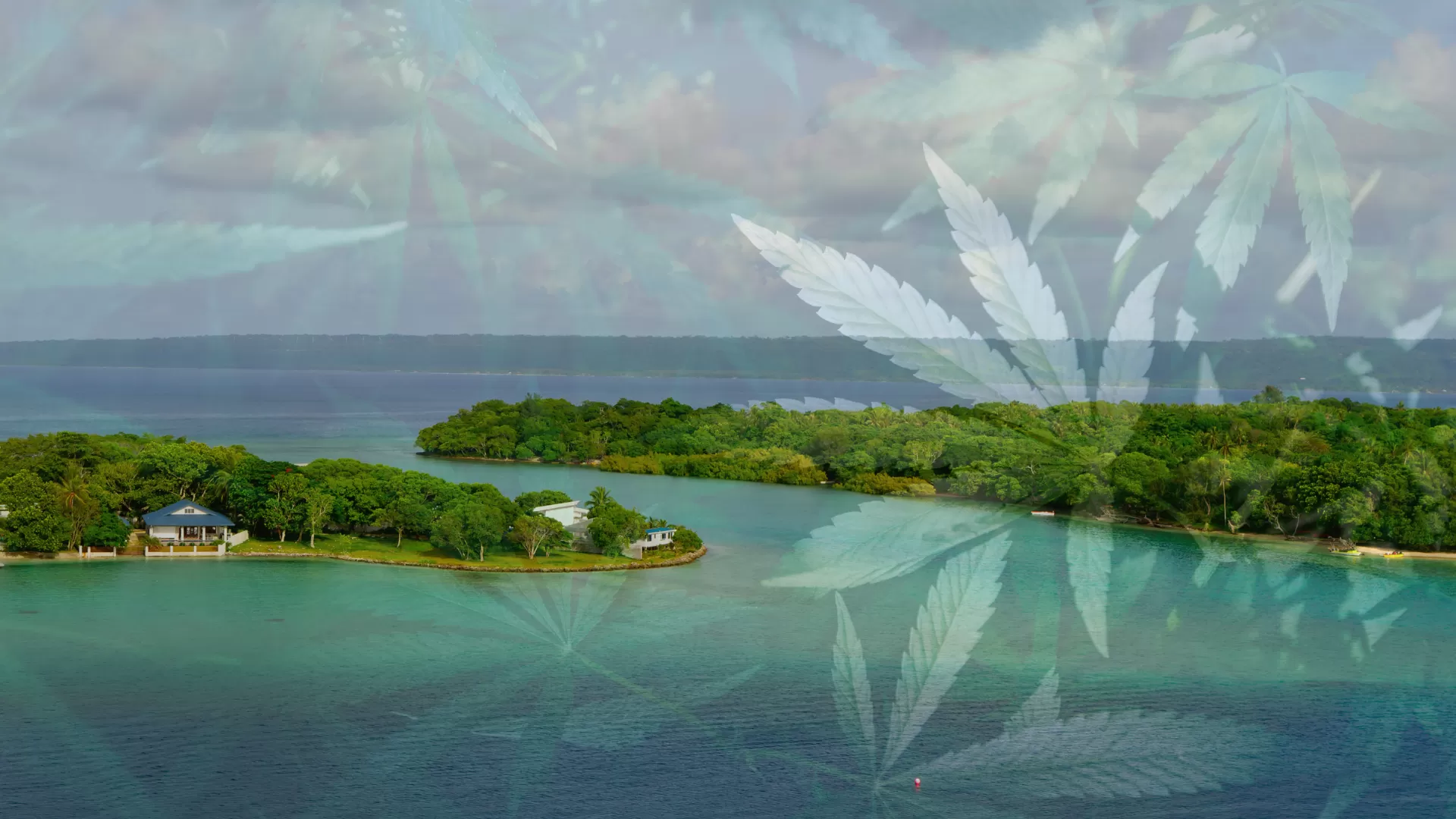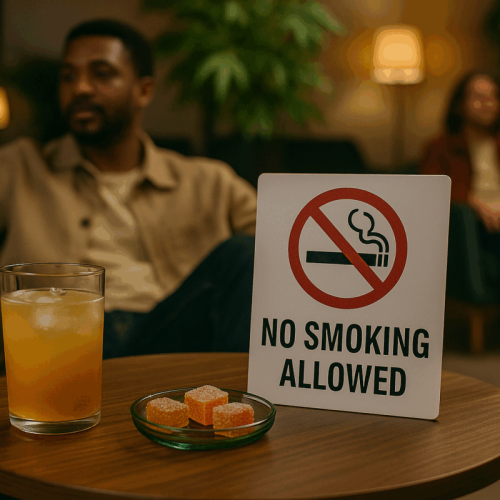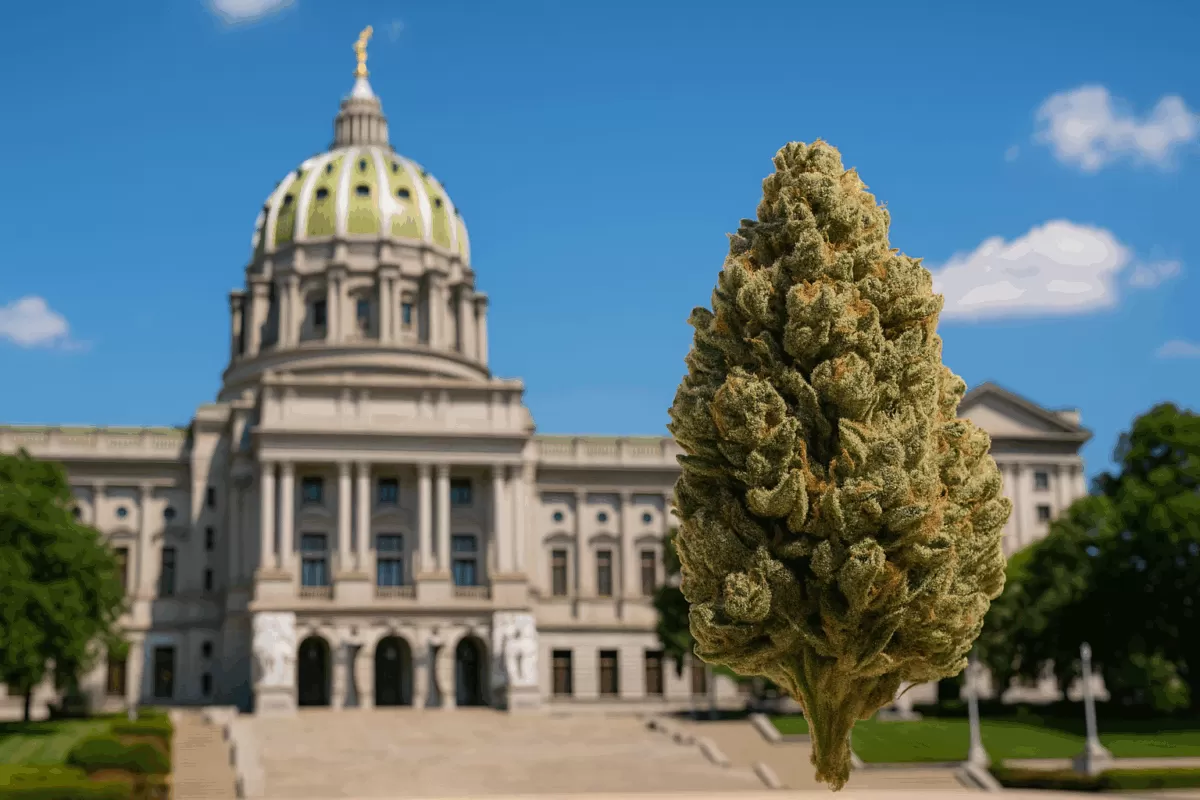Vanuatu, a beautiful Pacific island nation, has recently made headlines as one of the first countries in the region to legalize medicinal cannabis and hemp cultivation. This groundbreaking move paves the way for Vanuatu to enter the global cannabis market, potentially bringing significant wealth to local communities. However, this new industry also comes with potential risks and concerns.
Licenses for Cultivation: Attracting Foreign Investment
The Vanuatu government aims to make industrial hemp and medicinal cannabis key export commodities. To achieve this goal, they have made at least five 10-year licenses available for businesses to purchase, two for growing medicinal cannabis and three for hemp production. Each license costs 10 million Vatu ($123,000), with an additional annual renewal fee of the same amount. This policy is expected to encourage foreign investment in the country.
High Risk Industry: Limiting Licenses to Experienced Players
To mitigate the “high risks” associated with the cannabis industry, the Vanuatu government will only approve licenses for companies with at least 10 years’ experience in the field. This requirement limits eligibility to foreign businesses from countries with well-established marijuana industries, like the United States.
A Controversial Decision: Balancing Benefits and Stigma
Despite its potential economic benefits, the legalization of cannabis and hemp cultivation remains controversial in Vanuatu, where recreational use is still illegal and heavily stigmatized. Policeman-turned-businessman Isso Kapum is now advocating for cannabis cultivation, believing it will bring development and wealth to the people of Vanuatu.
Tafea Industries: Pioneering Cannabis Cultivation in Vanuatu
Kapum, along with Australian resort owner Andrew Smith, founded Tafea Industries, a cannabis and hemp company with plans to begin the first commercial marijuana plantation on the island of Tanna. Initially met with resistance, the duo managed to garner support from tribal chiefs, who have become shareholders in the cannabis company.
A Controversial Past: The Phoenix Life Sciences Connection
Vanuatu’s journey towards cannabis legalization began in 2018 when the government became involved with US-based medicinal cannabis company, Phoenix Life Sciences. However, the company’s CEO, Martin Tindall, was arrested for securities fraud in 2019, halting the initial plans. Vanuatu’s current government has since distanced itself from Phoenix Life Sciences.
Concerns Over Abuse and Security
Despite the government’s reassurances, some Vanuatu residents remain skeptical about the country’s entry into the cannabis and hemp industries. Sam Naiu, the Tafea provincial Agricultural Officer, fears potential drug abuse and theft, suggesting that the government introduce the product in remote areas first, where control and security would be more manageable.
Potential to Become Global Players: The Future of Pacific Cannabis Industries
With Vanuatu’s recent move, other Pacific countries are considering joining the global cannabis market. The Cook Islands voted to legalize marijuana for medicinal purposes in a 2022 referendum, and Guam has also made strides in allowing medicinal and recreational cannabis use. As more Pacific islands explore this new industry, there is potential for trans-Pacific business opportunities and collaborations.












